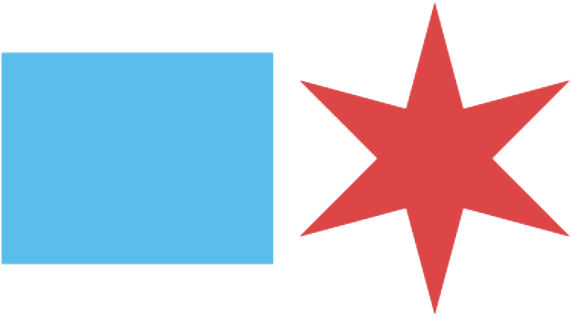Traditional block clubs are groups of people who have homes and families on any given block in the city and have organized to improve the quality of life in their neighborhoods. People who form block clubs are concerned and care about their communities and share information, identify concerns and act collectively to address those concerns.
In the City of Chicago, we are asking that all community groups, such as neighborhood associations, block clubs, civics, councils, etc. are registered in the block club program.
There are many benefits to organizing a block club. Knowing your neighbors and communicating on a regular basis can help you identify quality of life issues and other trends in your neighborhood and allow you to address those issues. Taking collective action, sharing information, and raising awareness among your neighbors will also help improve the safety of your block. With just a little time and work from you and all your neighbors, you can make a big impact on your community.
A typical block club is a group whose members come from the same street, neighborhood or surrounding area. Because everyone lives in a shared area, there is a common interest in improving the community.
Block clubs can organize to save parks, plant gardens, and plan local greening efforts; they can organize to help their local school, their local senior center, or local youth program. Block clubs can work with others to promote local businesses, help bring in new business, and keep their neighborhood vibrant.
A block club can help children travel safely to and from school, so that they have every opportunity to learn and succeed. A block club can improve the environment by planting and maintaining new green spaces. And a block club can provide a strong deterrent to gangs, guns and drugs.
A block club is the backbone of an organized neighborhood.
Traditional blocks, condo associations, homeowner associations, housing co-ops, tenant associations, area councils, vertical block clubs, walking clubs, garden clubs, virtual clubs and or groups of neighbors are all examples of what a block club can be.
Two or three people on your block who are interested in helping to organize your neighbors.
You can register here.
Partner with ((blank)) to become part of a larger network of block clubs empowered to revitalize their neighborhoods and improve a quality of life for all.

